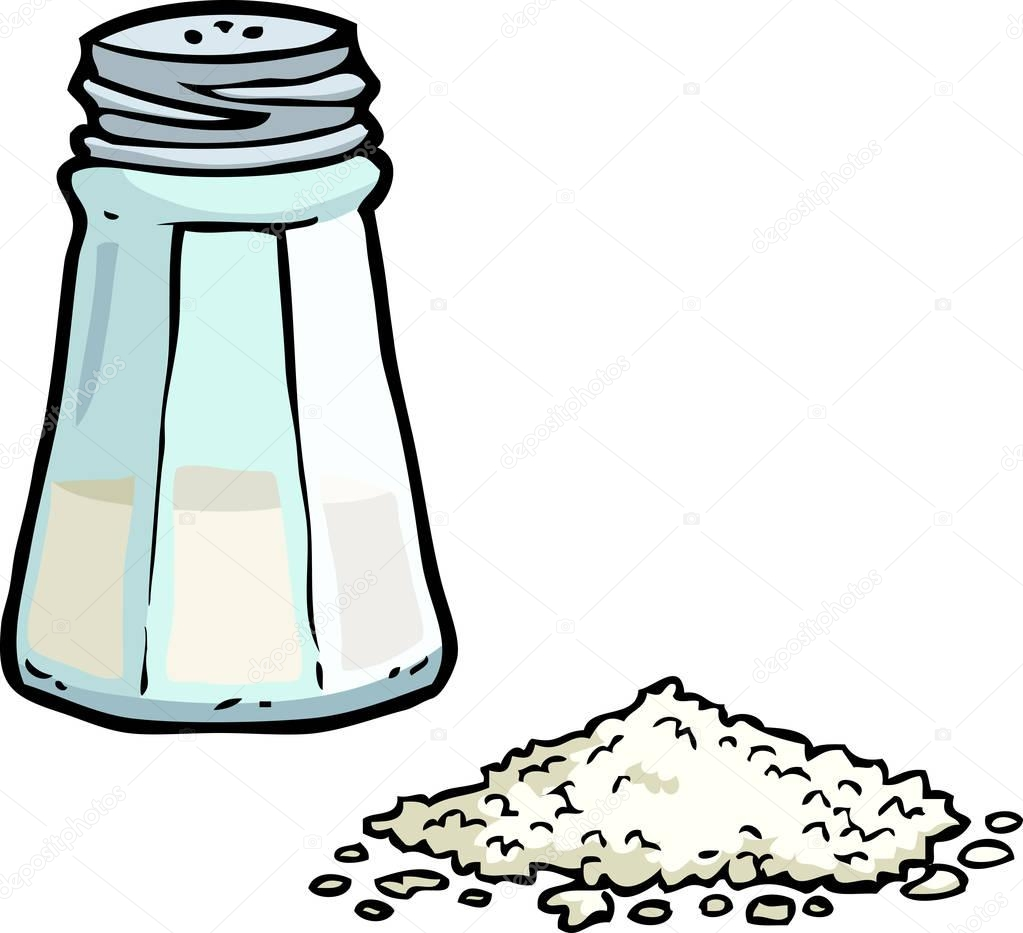Salty Women?
"Middle English: from Anglo-Norman French salarie, from Latin salarium, originally denoting a Roman soldier's allowance to buy salt, from sal ‘salt’."
I found myself pondering the connections between salary and salt, and, while I knew they shared a common root (sal), my mind went down the word-game rabbit hole again: being worth one's salt.
Salt is essential to human life (in modest amounts, of course)-- we need it to survive. It brings out flavor. It preserves foods. But it is also a desiccant. So, when one is accused of being "salty" in one's language, does that mean that the speaker is sucking the life out of the hearers? I mean, really, it could. Or does it merely mean that one is seasoning one's speech with rudely common vernacular?
And then there is salic law, a system of rules and social codes that, among other civil laws, denies the right of succession to females. This legal system comes from the Salian Franks, a subgroup of the Franks who were from coastal areas, and who are considered to be the forerunners of the Dutch. Salian-- sal-- salt from the sea.
Denying women the right of succession had huge repercussions in all of European history (think: that is the legal system at issue at the beginning of Shakespeare's Henry V).
And that disenfranchisement, which lead to so many wars and arranged (unwanted and unwelcome) marriages, would explain why so many women, unable to earn their own money or inherit, have historically been pretty salty.
So, pay us what we are worth, eh?
Have a good day,
C




Comments
Post a Comment
Thanks for stopping by!